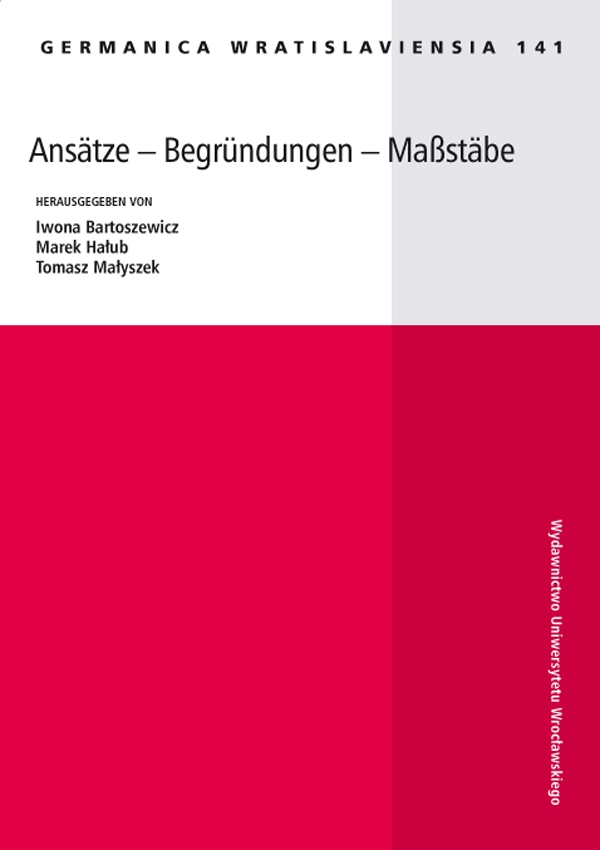

Literary studies

Fontane war sich dessen bewusst, dass einige seiner Meinungen nur provisorisch, also veränderlich waren. Ein so radikaler Umschwung wie bei seinen zwei Beurteilungen von Kleists „Prinz Friedrich von Homburg“ ist aber selbst für seine Verhältnisse ungewöhnlich. Den Grund für seinen Wandel von empörter Ablehnung zur uneingeschränkten Lobpreisung darf man am ehesten in der utopischen Beschaffenheit von Kleists vaterländischem Fantasiestück suchen.
Patriotic fictions. Fontane and Kleist
Few writers have changed their minds as often, and about as many things, as Fontane. His most striking volte-face concerned Kleist’s glorification of their common Prussian homeland: the drama Prince Frederick of Homburg. Fontane reviled the work in 1872 and unconditionally sang its praises four years later. Why? Perhaps because Kleist’s utopian dream made it possible to suspend disbelief in Prussia’s promises, and to pretend they were almost true.